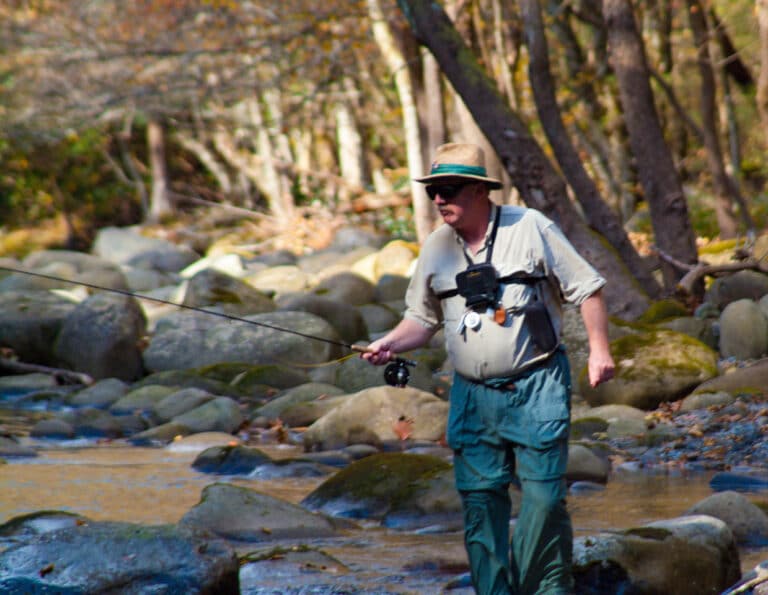Air pollution is substantially harming every major ecosystem type in the mid-Atlantic United States — according to a new report co-written by experts from The Nature Conservancy and the Cary Institute of Ecosystem Studies.
And the report’s co-authors say pollutants ranging from mercury to ground-level ozone are degrading the services nature provides us, too — resulting in smaller fish stocks, reduced agricultural production, and even a decline in honey bee populations.
This report — based on a conference of 32 experts organized by the Conservancy and the Cary Institute — is the first effort to pull together all the research on how air pollution is affecting nature in the northeastern and mid-Atlantic states.
It finds that nitrogen, acid deposition, mercury and ground-level ozone not only contaminate the air we breathe — they’re entering our soils and waters, causing significant environmental issues:
1. High levels of deposited mercury are having negative impacts on wildlife — from salamander species in the Appalachian Mountains to loons in the Adirondacks and bald eagles in Maine.
2. Ground-level ozone reduces plants’ ability to harness sunlight for growth, reducing forest and crop production throughout the eastern United States.
3. Excess nitrogen — in part from air pollution — is harming waterways, fish and shellfish from Rhode Island’s Narrangansett Bay to Long Island Sound to Chesapeake Bay. Nitrogen also decreases the disease resistance of trees, leaving them more vulnerable to pests and pathogens.
4. Acid rain is making sensitive lakes and streams uninhabitable by fish in the mountains of the Northeast and the Southern Appalachians. On land, it leaches important nutrients from foliage and soil, reducing the productivity of some forest trees.
And the impact on the services nature provides humans is also significant — from decreased timber production in acidified forests to mercury levels so high they have prompted restrictions on freshwater fishing.
Air pollution is most often pitched as directly impacting humans through respiratory problems. This report shows how air pollution’s impact on the natural ecosystems that support and affect humans.
The report calls for key changes in the way the United States regulates air pollution and evaluates its effects:
Better regulations: The United States needs to establish what the critical air pollution loads are for ecosystem health — the precise levels that cause negative effects on ecosystems — and use these loads to refocus and expand air pollution regulation to address ecosystem effects. Europe has used critical loads for regulating air pollution for over a decade, and some U.S. agencies have already established critical loads for particular landscapes. But these initiatives need to be scaled up dramatically, according to the Cary Institute’s Lovett.
Better monitoring: Current programs for monitoring air pollution and its effects are fragmented, underfunded and have serious gaps, according to the report. The authors maintain that the nation should develop a more integrated monitoring approach that includes air, water, forests, soils and wildlife.
More info: nature.org.







